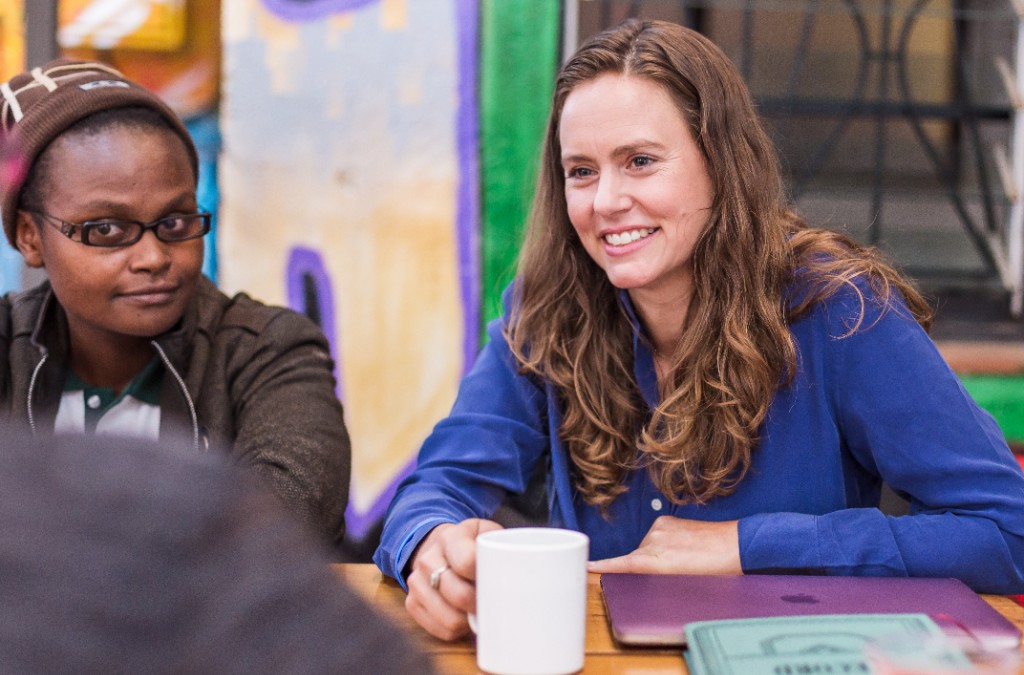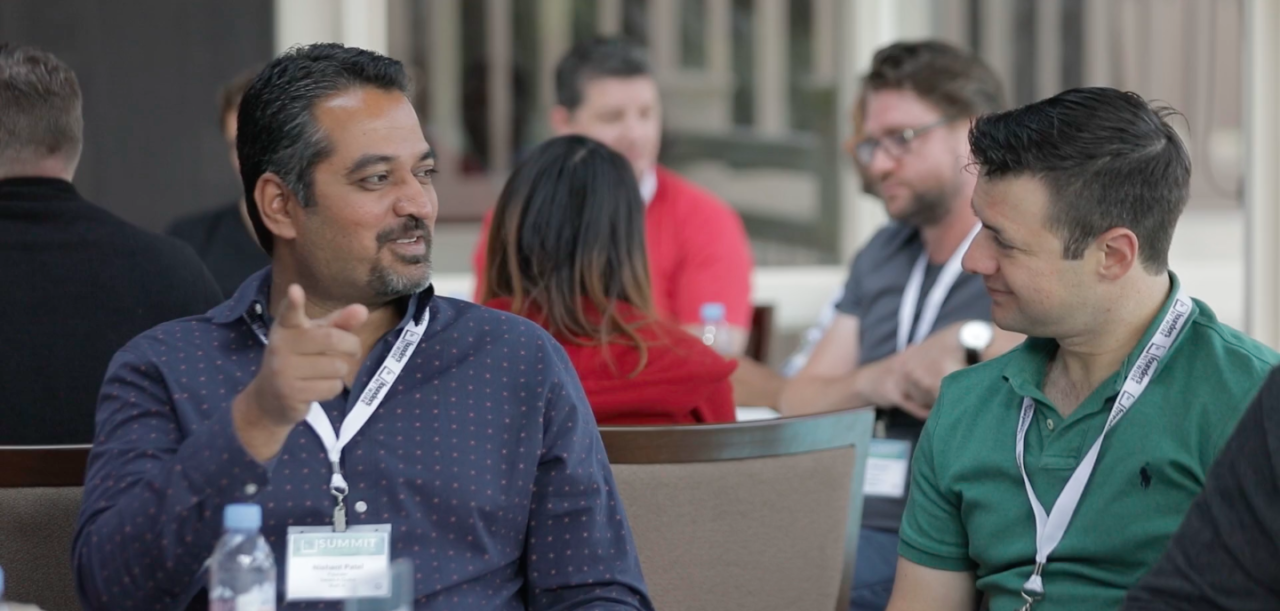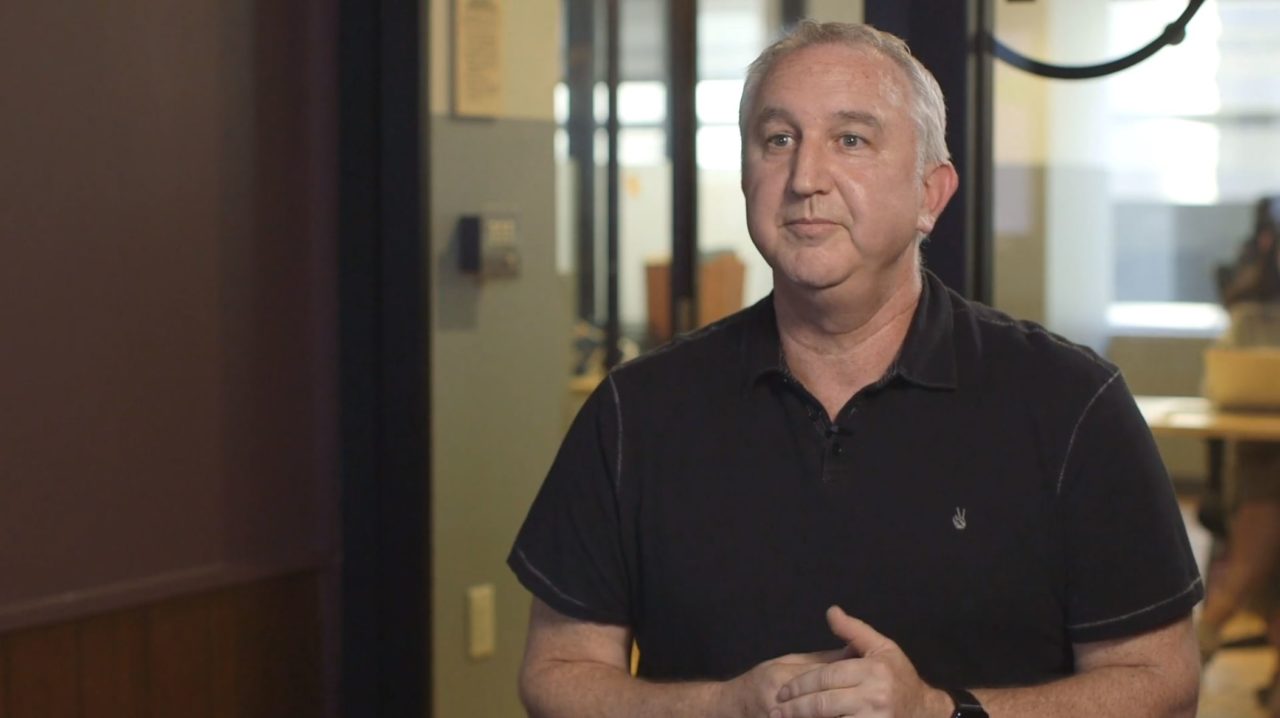
Christina Sass is a mentor and speaker within our global ecosystem of founders. To receive peer mentorship from Christina and over 600 fellow Tech Founders, please request an invite and join our global network.
Right now in the United States, there are between 1.6-1.8 million open jobs for software developers. People desperately need tech talent. And the best tech talent is extremely hard to vet, and then retain.
While finding technical talent is hard for everyone; finding good local technical talent is nearly impossible for early stage startups, most of which can simply offer equity, a small salary, and of course, the ability to build something great.
Today, 53% of software engineers rank remote work as their top priority in their job search. This, in addition to startups increasingly closing their physical offices and growing remote trends in general, is causing a shift in the nature of work.
Enter Christina Sass, Co-founder of Andela, who to-date has raised over $80M from the Chan Zuckerberg Initiative, Spark Capital, and others to help companies build distributed engineering teams with Africa’s most talented software developers. Andela’s secret to placing and helping companies retain remote tech talent? Building an empathetic digital culture.
Today, 53% of software engineers rank remote work as their top priority in their job search. This, in addition to startups increasingly closing their physical offices and growing remote trends in general, is causing a shift in the nature of work. @sasschristina
Remote First = A Larger Pool of Diverse, Talented Developers
There is a logical fallacy that exists in current tech startups, and that fallacy is that you can have it all— “I can have a very diverse team, all local, all senior. I can easily find and vet all of that senior talent and they will move where I want them to.” That simply doesn’t exist. It’s impossible to work in the same ways we always have and attract the best diverse talent. However, with a distributed team, you can tap into all kinds of unbelievable, diverse talent.
We already know developers are in short supply (5 open jobs for every 1 developer in the US) and that they prefer to work in a distributed manner. And in the past 20 years, the number of employees doing remote work has risen from 9% to 30%, to 60% of engineers working distributed.
Keeping your team local means limiting your talent pool and your customer pool. The fastest way to ensure that only one slice of the population uses your app, is to have only one segment of the population build it. If you want your tech to appeal to a global audience, you have to have a diverse team contributing to those ideas.
An abundance of studies show that diverse teams build better, more innovative products and that they build them more efficiently.
The truth is the U.S. has almost a 0% unemployment rate for software developers, but the rest of the world has 20 million software developers. To get the best developers, you have to tap into those 20 million. Founders who commit to doing distributed well are going to see that pay off in the long run as they gain access to all the talent in that pool of 20 Million.
If you want your tech to appeal to a global audience, you have to have a diverse team contributing to those ideas. @sasschristina
How to Build a Remote First Culture
Screen Your Remote Developers for High Social and Emotional Intelligence
We developed several hypotheses around what makes a great remote employee, and then tested the employees on their empathy and problem solving abilities. We tracked that over years and when our developers were placed, we looked at the feedback our partners gave us, and quickly realized that people with high social-emotional intelligence were succeeding more at remote work. Now, we screen all our people in search of very high social and emotional intelligence.
This is contrary to what most people think of as a good developer. We politely disagree. I think a good developer will watch your facial expressions and ask “what did you not like about that feature?”
So, when hiring a remote developer, look for social and emotional intelligence— it will create a better product which is better suited for your ideal customer and a better work environment for your tech team.
When hiring a remote developer, look for social and emotional intelligence— it will create a better product which is better suited for your ideal customer. @sasschristina
Build A Culture of Trust
A culture built on trust is vital to any work environment, but especially for remote work, when nuance can be lost in translation. There are a lot of easy and authentic ways to create trust whether in person or distributed.
It comes down to connecting on a human level and feeling like you have the trust to call out when something seems off. We talk to our developers about building that trust with our partners in these 4 ways:
Communicate over video whenever possible
At Andela, we host our All Hands via Zoom— even if we are in the same office. Video provides a human element to a meeting, while holding the attendee accountable— you can see if someone is doing other work, or checking their phone, because the screen is positioned on their face. When our developers are orienting to a new team, we ask “when is your first meeting with that team? Who will be on a call? Can it be a video call? When you have that call, can you turn off other notifications? Make sure you not backlit. Have you practiced what you’re going to say?”
Make time for informal conversation
When you have the opportunity, to take a moment to tell each other about what you were doing today, or to find shared interests. Send them an article about something they like. If they aren’t feeling well take the chance to ask if there’s anything you can do to help. Make the extra effort whether you are in the same setting or not. This goes for both employer and employee.
Know the difference between a good developer and a great developer
In every new partner engagement, we are building a reputation up with them at Andela. The reason a company brings us on board is because they believe we can deliver great technologists. The large majority of the effort is on being ultra prepared and delivering on what’s expected. What differentiates a good developer from a great one is the extra care on their social and emotional intelligence. Say someone meets a deadline— you are satisfied. However, that is not the same thing as the developer saying “hey I’m halfway through this and I really want to make sure we’re aligned. Can you give me some critical feedback, what parts of this can be improved?” that’s the difference between a good and a great developer.
Foster open and honest communication
Being able to take and give critical feedback and not take it personally is also key to successful remote work. That’s why we harp so much on soft skills. For example, we have general rules of thumb— when an email chain hits 4-5 back and forths, we encourage our developers to get on the phone. In remote work, people can’t get up and walk across the office. The virtual version of that is getting on a call. Be authentic, because the tone of slack and email can be misconstrued. Make sure they are delighted by that exchange. And wherever possible, connect as humans. The first 2-3 minutes of every call should be personal conversation. That’s where the magic happens.
A culture built on trust is vital to any work environment, but especially for remote work, when nuance can be lost in translation. @sasschristina






